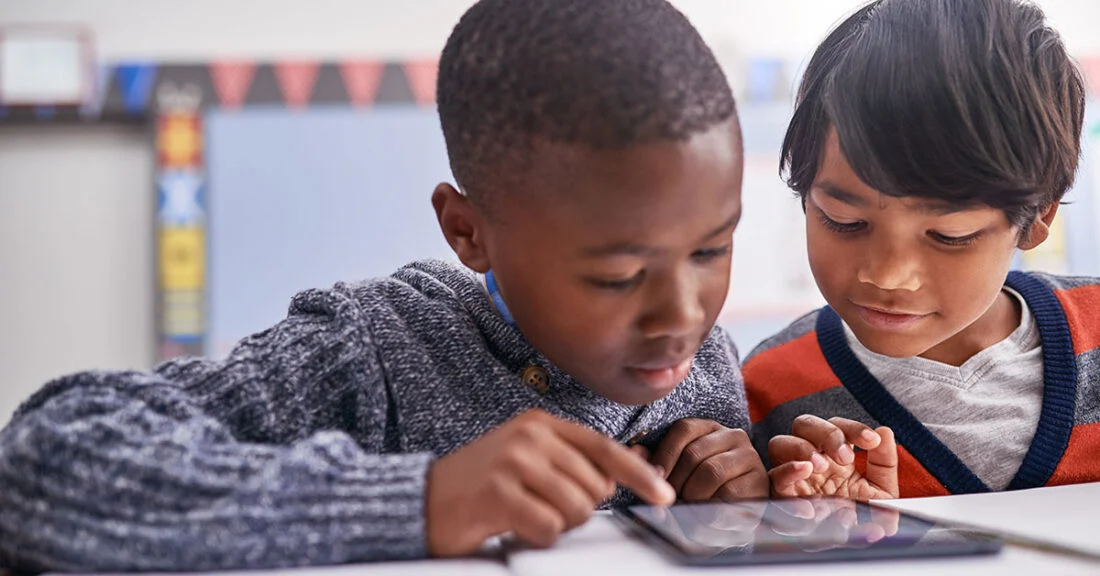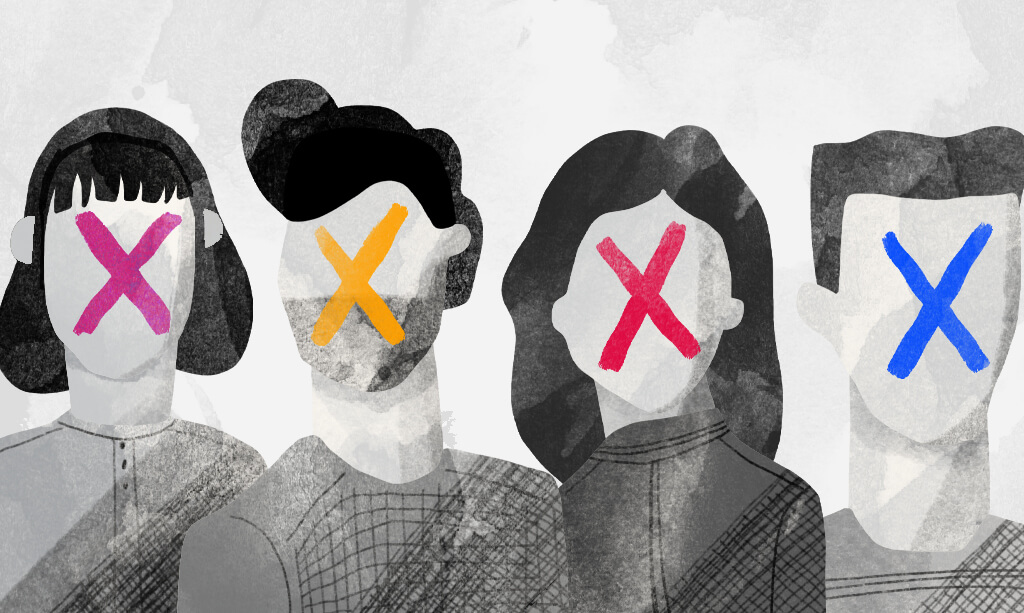The COVID-19andemic was a global disease outbreak that led to a worldwide lockdown, and had a big impact on Generation Alpha, which includes kids born from 2010 to present day. Not only did this pandemic disrupt the health system and the economy, it also severely impacted the social interactions of an entire generation, Gen Alpha. While adults struggle with job losses, children, teenagers and young adults face a more silent but equally damaging challenge.
When lockdowns were enforced, schools closed, outside commitments ended and gatherings were interrupted as families were locked inside their homes with only each other to interact with. For many young people, especially as they were in developmental stages, this meant limited face to face interaction with peers. Children missed out on group activities that teach cooperation. They found themselves having to adapt to online learning, which meant less social contact with other kids their own age or even adults. Children that were transitioning to adults were forced into virtual classrooms while they were isolated in their houses which cut them off from normal human experiences. While technology helped fill some gaps, screentime heavily increased and interactions became limited to texting and FaceTiming people you don’t live with. That led to a generation that communicates more online than in person, which made kids lack the tone to have an effective conversation. Some children fail to keep eye contact or make small talk without making it feel awkward. Not only did the pandemic affect their interactions, it also increased social anxiety with children.
After the pandemic, teachers and psychologists have reported noticeable shifts in reduced attention spans, and difficulty with group work.
“Youth from minority backgrounds with mental health and learning disabilities that predated the pandemic are potentially more vulnerable to experiencing anxiety disorders,” the National Library of Medicine found.
As society slowly returns back to life before the pandemic, it is important that Gen Alpha can reconnect with their peers. Parents should encourage them to participate in any sort of group activities that can help them build up their social skills they missed out on during the pandemic. With focus, this new generation can catch up and continue to develop the social skills they will rely on in the future.










